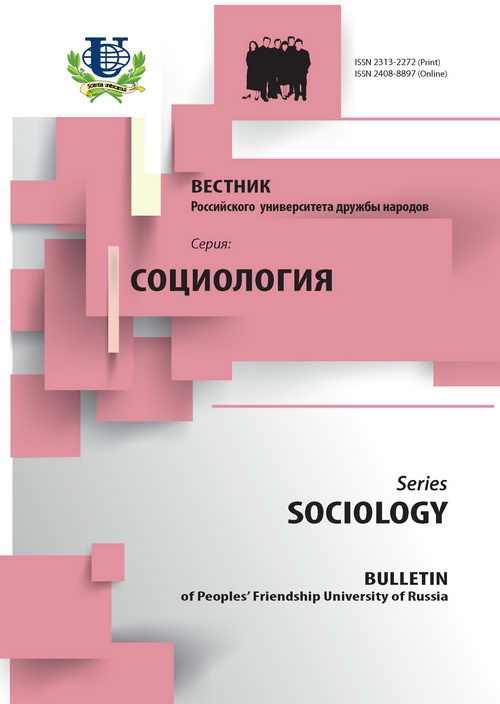Abstract
The processes of globalization, liberalization and transition will inevitably lead to changes in the value systems of certain societies, shaping the elements of their structure. Thus, the above mentioned processes directly affect the family as the primary social group and a basic unit of society. This results in a number of positive and negative changes and consequences in the family. Apart from positive changes that are primarily related to the democratization of husband-wife and parents-children relations, there are often many negative changes and effects (depletion, domestic violence, weakening of the emotional bond and alienation, etc.). Despite all these numerous changes within and around the family, it has always been and remains the primary social group which plays a significant role in forming the personality, leaving a deep mark on individual lives. In the whirlwind of globalization and transition, the Serbian family is faced with many difficulties and problems while carrying out its functions. The youth in Serbia increasingly postpone getting married and starting a family, the frequency of divorce is higher and the birth rate of children is lower, etc. This paper analyzes the data obtained in the research project “Value orientations among students in Serbia”, carried out in Belgrade, as part of the extensive research project organized in the capitals of China, Russia and the Czech Republic.












